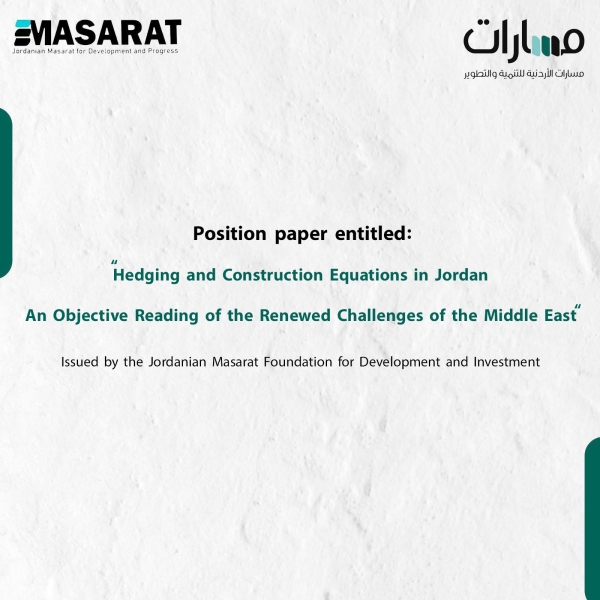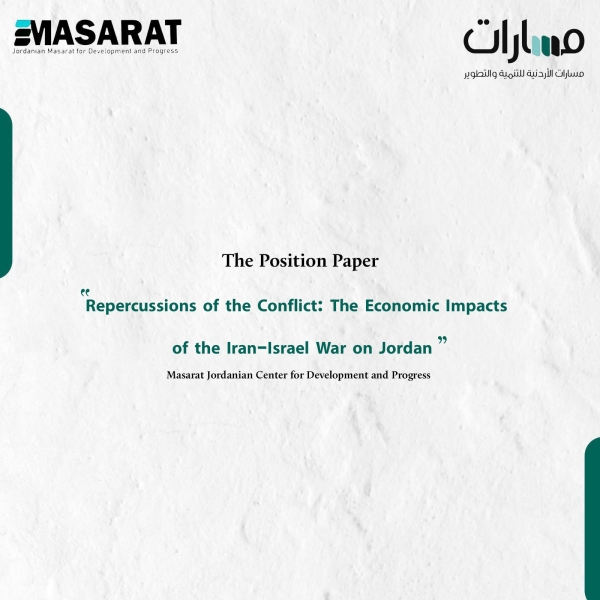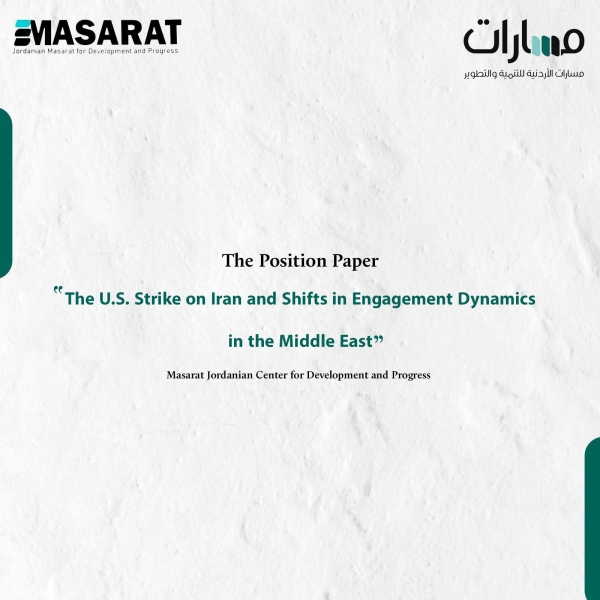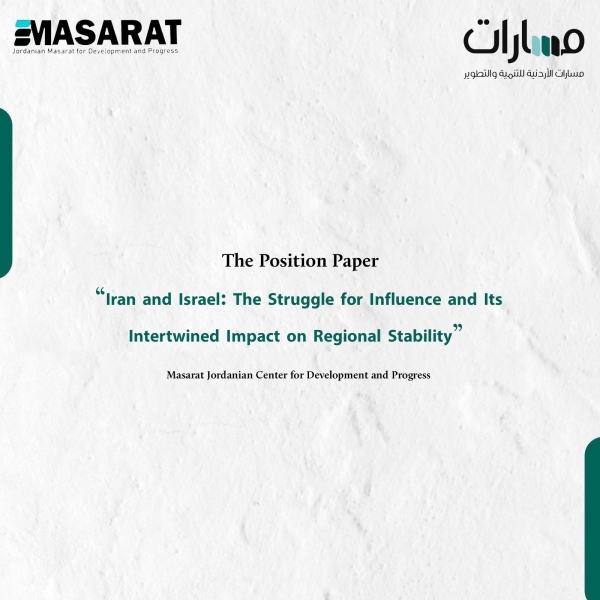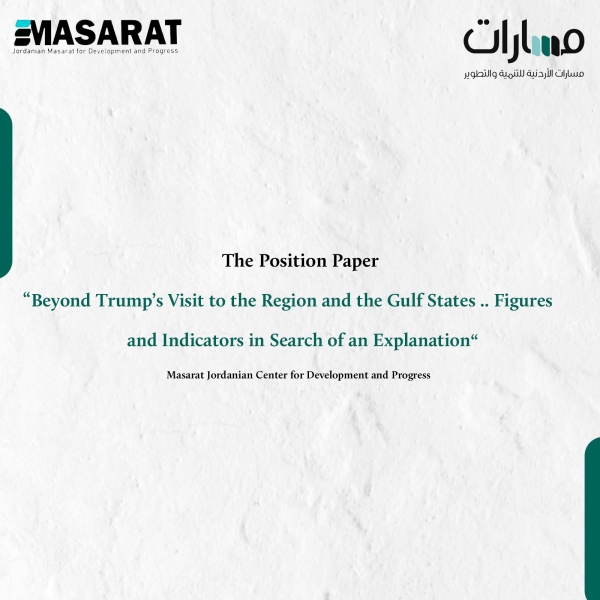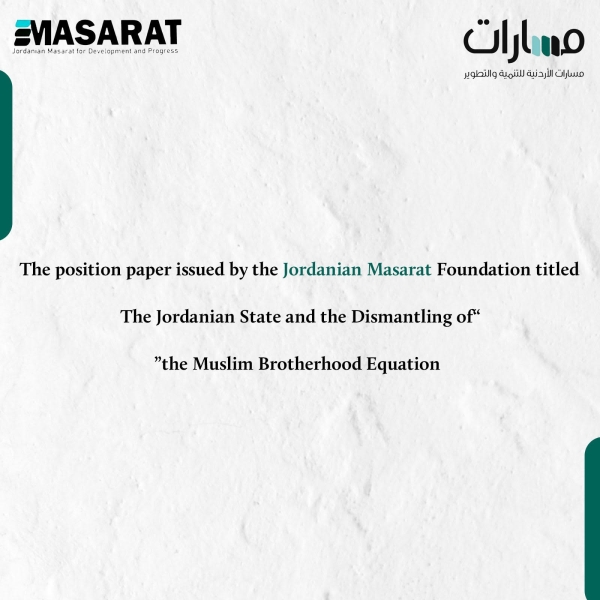Developments in the situation in Syria... timing and expectations
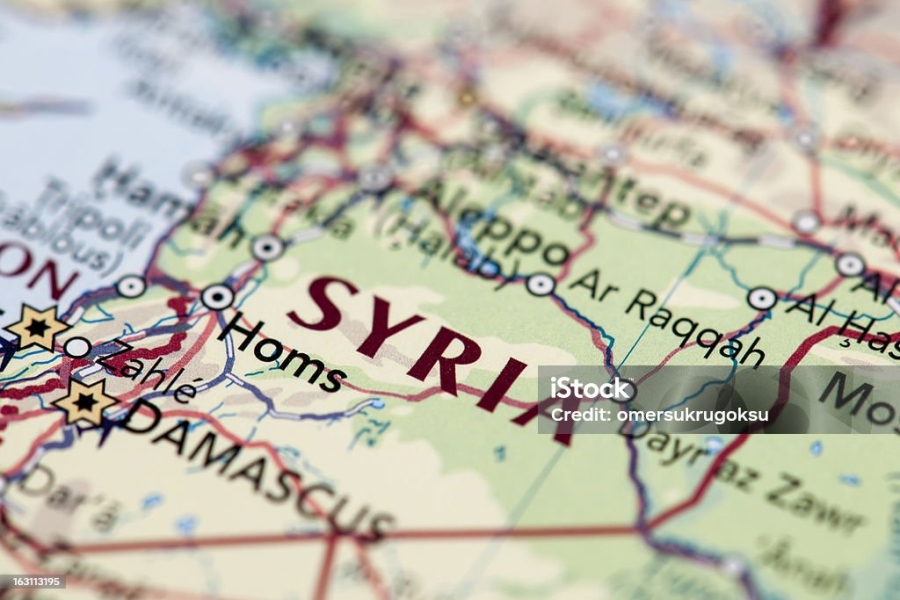
The Situation in Syria
Introduction
Syria has been suffering from a protracted conflict for over a decade, causing widespread destruction and leaving deep scars on the country’s political, economic, and social fabric. Millions of Syrians have been displaced, infrastructure has been destroyed, and economic collapse has worsened the humanitarian crisis. Efforts to rebuild the nation face persistent challenges due to ongoing violence, political instability, and international disagreements over the way forward.
Political Context
The Syrian conflict remains one of the most complex in the modern era. The government continues to control parts of the country, while opposition groups and foreign forces control other areas. The division of territory and the influence of external actors have made it difficult to establish a unified political solution. International initiatives, including those led by the United Nations, have faced numerous obstacles, and peace talks have yielded limited tangible results. This fragmented reality has delayed any comprehensive resolution to the crisis.
Humanitarian Situation
The humanitarian needs in Syria remain vast and urgent. More than 13 million Syrians require humanitarian assistance, with 6.7 million internally displaced and 5.5 million seeking refuge in neighboring countries. Access to essential services such as clean water, food, and healthcare is severely limited, especially in conflict-affected areas. The ongoing crisis has led to a generation of Syrian children growing up without access to proper education, increasing their vulnerability to exploitation and poverty.
Economic Collapse
The Syrian economy has suffered unprecedented losses. The destruction of key infrastructure, the imposition of sanctions, and the disruption of trade have pushed the country into a state of economic paralysis. Inflation has skyrocketed, and the local currency has lost much of its value. Many families struggle to afford basic necessities, and unemployment rates remain alarmingly high. The agricultural sector, once a backbone of Syria’s economy, has been devastated, exacerbating food insecurity.
Impact on Women and Children
Women and children have been disproportionately affected by the conflict. Women face heightened risks of gender-based violence, including early and forced marriage, human trafficking, and domestic violence. Displacement has worsened these vulnerabilities, as women often bear the burden of caring for their families in the absence of male breadwinners. Syrian children, meanwhile, are denied access to education and healthcare, with many forced into child labor to support their families.
Social Fragmentation
The war has deepened divisions within Syrian society. Communities have been torn apart along ethnic, religious, and political lines. This fragmentation has eroded trust and social cohesion, making the process of reconciliation even more challenging. Rebuilding this trust and fostering a sense of unity will be critical for the country’s recovery.
Recommendations
- Inclusive Political Solutions: Support political dialogue that includes all parties to the conflict to achieve a sustainable and inclusive resolution.
- Humanitarian Aid Expansion: Prioritize delivering aid to underserved areas and ensuring access to essential services for the most vulnerable populations.
- Economic Rehabilitation: Focus on rebuilding critical infrastructure, reviving agriculture, and creating job opportunities to address unemployment and poverty.
- Protection of Vulnerable Groups: Strengthen programs to combat gender-based violence and ensure the protection of children’s rights.
- Social Reconciliation Efforts: Promote initiatives aimed at rebuilding trust and social cohesion among divided communities.
- International Cooperation: Maintain and enhance the international community's commitment to supporting Syria's recovery.
Conclusion
The Syrian crisis requires a comprehensive and coordinated approach to address its multifaceted challenges. Political stability, humanitarian assistance, and economic recovery must remain priorities in the global effort to help Syria rebuild and secure a peaceful and sustainable future.

